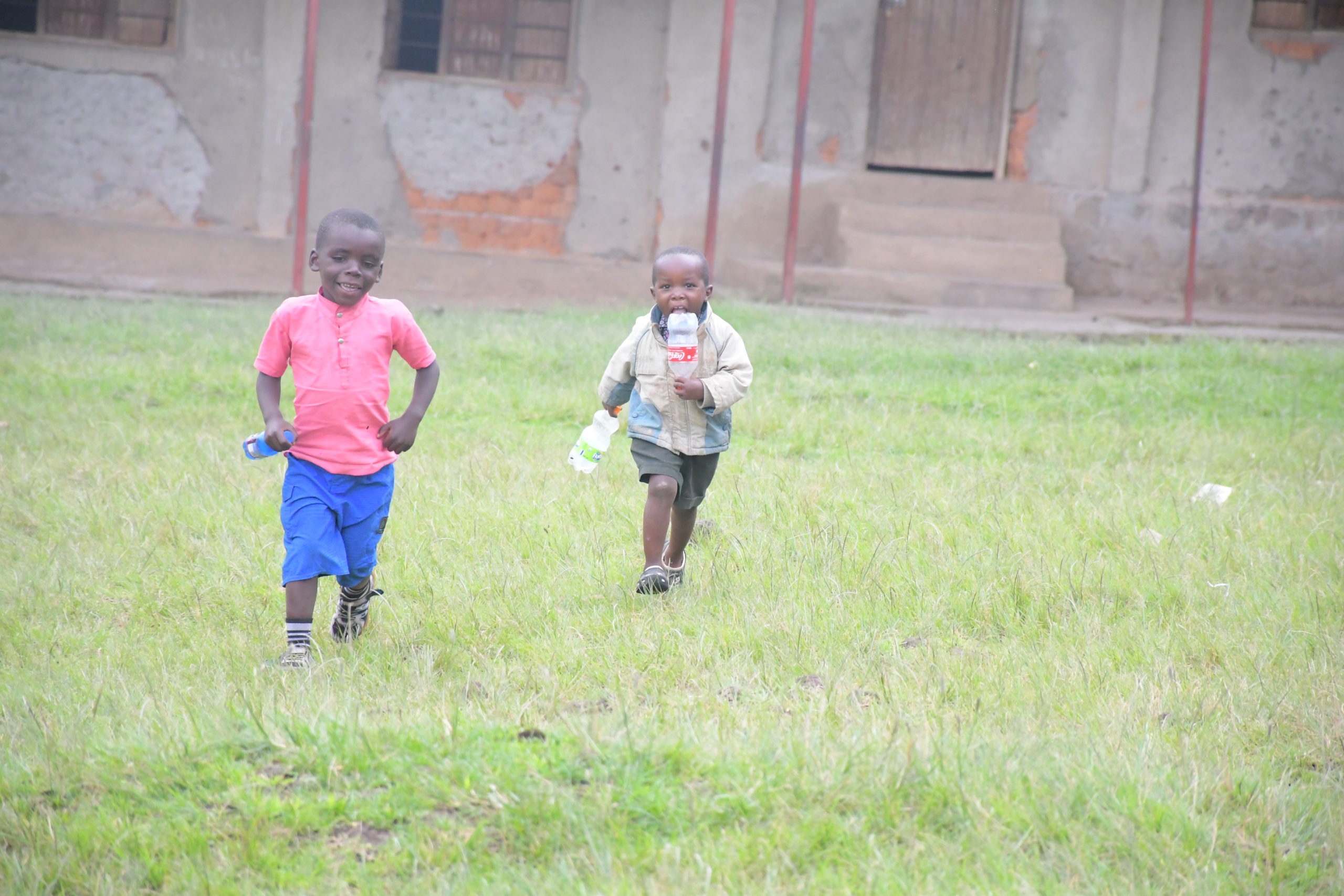A system that’s built to protect and defend children’s rights is one that favours their proper wellbeing as much as that of the society in general.
In 2022, when Haguruka started the implementation of its Civil Society Strengthening Program (CSSP), the goal was to build strong Civil Society Organisations (CSOs) that demand and support the fulfilment of children’s rights – holding states to account and mobilising and empowering children and their communities.
As a five-year program, CSSP aims to ensure that;
Children constitute a big part of civil society, individually and collectively- influencing decision-making regarding issues of their own concern at all levels of society,
Policies, systems and budgets are ensuring the fulfilment of children’s rights and equitable access to quality services,
An enabling civic space where civil society can promote and defend children’s rights freely.
For this to be achieved, children need to be able to express their views and organise themselves around issues affecting them.
They also need to gain increased understanding of their rights, and skills related to advocacy and campaigning.
Partnerships also need to be established, formal and informal, with child-led organisations.
Children ought to have opportunities/spaces to hold duty-bearers to account, and inform decision-making.
In addition to that, child participation initiatives need to be supported to apply internationally recognised standards for safe, ethical and meaningful participation.
Why Civil Society Organisations?
Considering CSOs’ empowerment as a tool in championing children’s rights is due to the fact that they have opportunities for societal influence, to uphold and expand civic space.
CSOs have capacity to assess, analyse and adapt to changes in civic space. They also get improved access to policy dialogue and public debate where they can influence decision making.
Lastly, CSOs are better positioned to mitigate risks relating to their protection and safety against attacks or/and threats from state and non-state actors.
In regards to CSOs as a key factor in the project’s implementation, they need to increase their capacity to monitor, report and hold the state to account for their commitments on children’s rights.
CSOs also need to gain capacity to advocate for inclusive policies, practices, systems, budgets and services for children’s rights, on all levels, based on their own organisational focus.
Lastly, its CSOs to equip duty bearers with skills and tools to strengthen children’s services within the national system.
They are also to advocate and hold states to account for the fulfilment of children’s rights and equitable access to quality services.
That way, CSOs will have improved the quality of their programming, increased organisational efficiency and effectiveness and have increased voice and influence as child rights actors in their own right.


